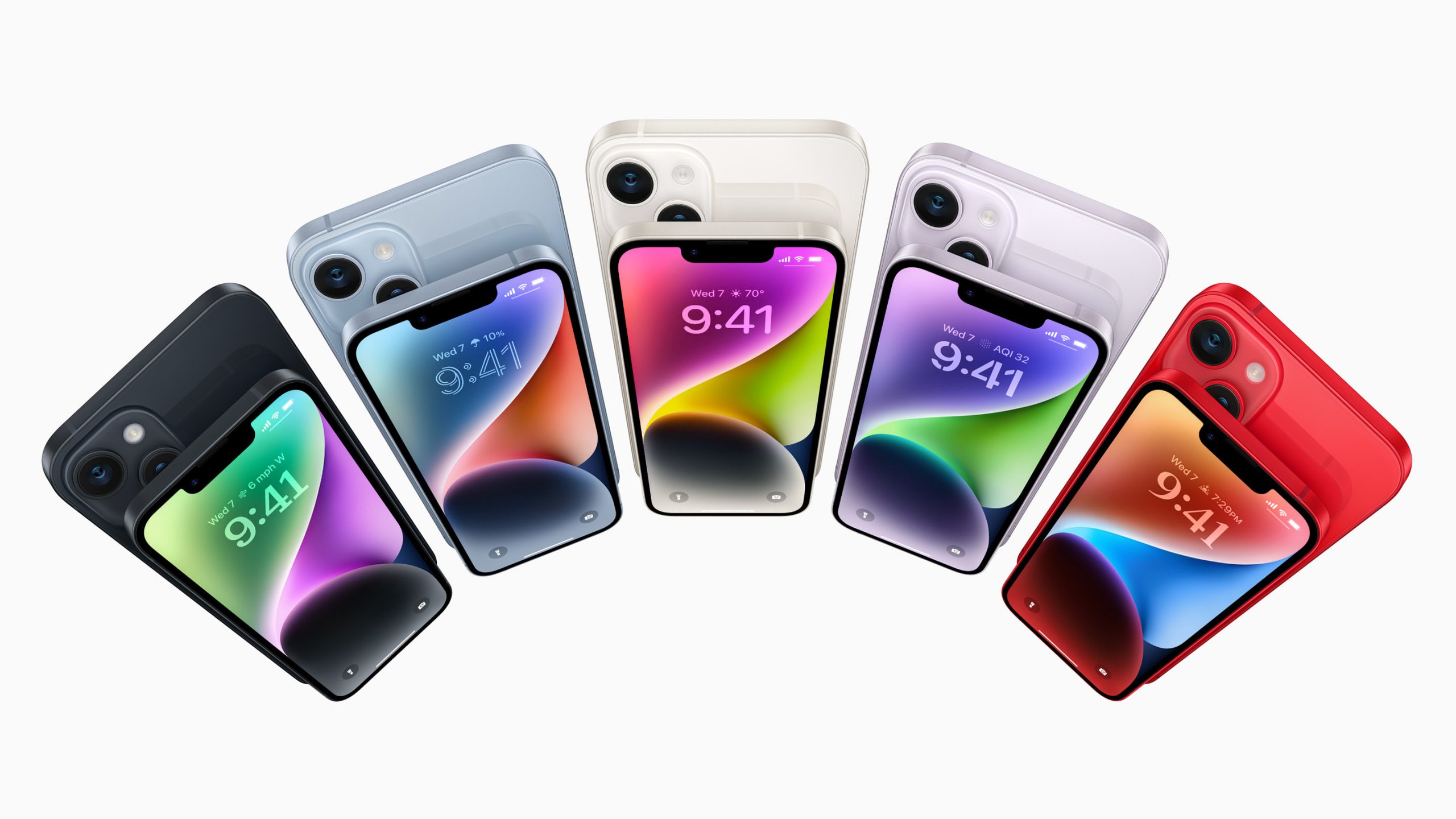US Lawmakers Warn Apple Over Chinese Memory Chips

US lawmakers warn Apple it faces potentially serious consequences if it uses NAND memory chips made by controversial Chinese firm in iPhones
Republican lawmakers have warned Apple it may face serious consequences if it chooses to use NAND flash memory from a controversial Chinese chip maker in the new iPhone 14.
Their remarks follow local media reports in the South Korean press that Apple planned to begin using NAND chips from Yangtze Memory Technology (YMTC) in its latest iPhones, introduced last week.
The US has been working to limit the expansion of Chinese technology companies, which it views as a national security threat.

‘Playing with fire’
Marco Rubio, Republican vice-chair of the Senate intelligence committee, and Michael McCaul, the top Republican on the House foreign affairs committee, told the Financial Times they were alarmed at the reports about Apple’s intentions.
Rubio told the paper Apple was “playing with fire” due to the “security risks” posed by YMTC.
“If it moves forward, it will be subject to scrutiny like it has never seen from the federal government,” Rubio said.
“We cannot allow Chinese companies beholden to the Communist party into our telecommunications networks and millions of Americans’ iPhones.”
‘Knowledge transfer’
McCaul said working with YMTC would “effectively be transferring knowledge and knowhow to YMTC that will supercharge its capabilities and help the CCP (Chinese Communist Party) achieve its national goals”.
Apple told the paper it does not use YMTC chips in any products but was “evaluating sourcing from YMTC for NAND chips to be used in some iPhones sold in China”.
The company said it was not considering using YMTC chips in phones for sale outside China and added user data stored on NAND chips was “fully encrypted”.
Sanctions
Last month reports said the US was considering sanctions specifically intended to block the manufacture of advanced NAND memory chips in China.
YMTC, founded only in 2016, has been making rapid advances in the memory chip market, nearly doubling its worldwide market share to about 5 percent, compared to 13 percent for Western Digital and 11 percent for Micron, according to research firm Yole Intelligence.